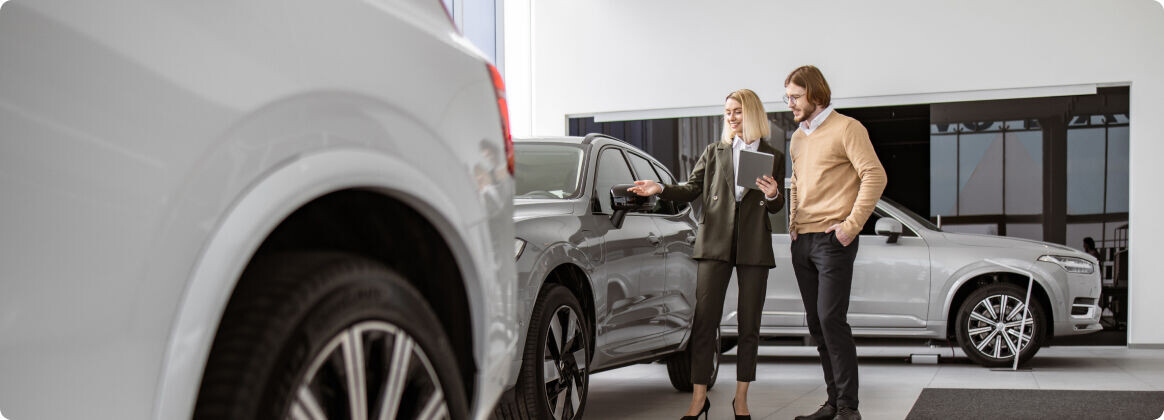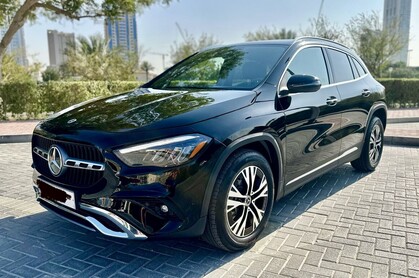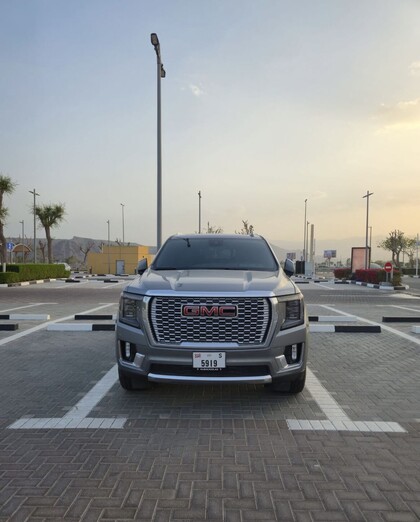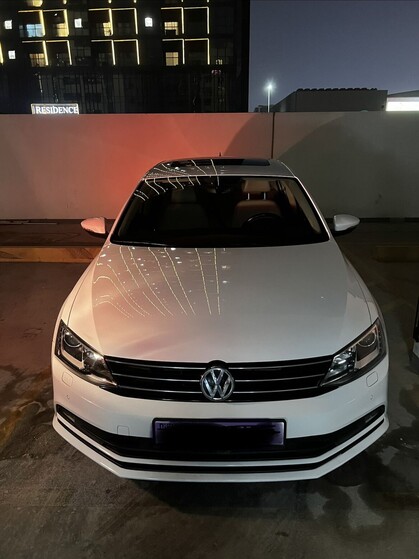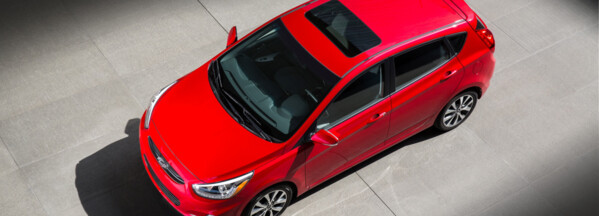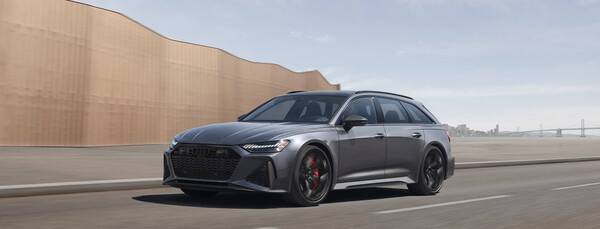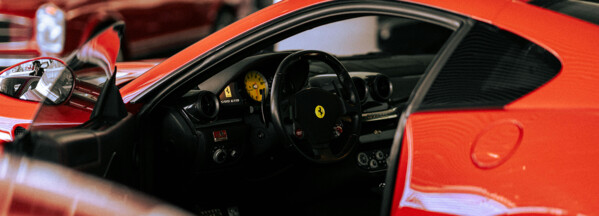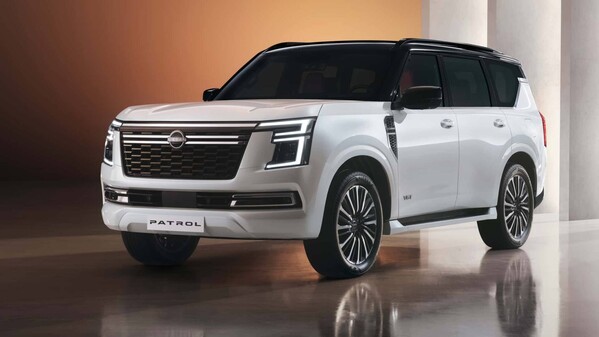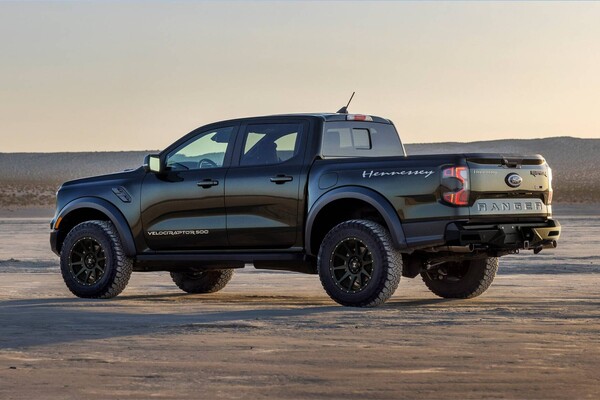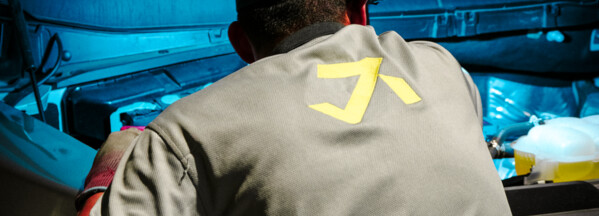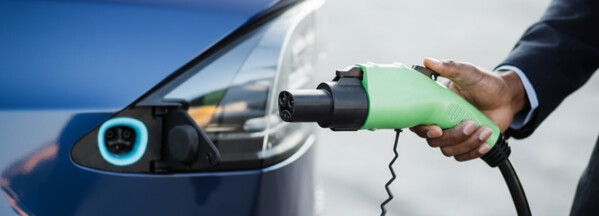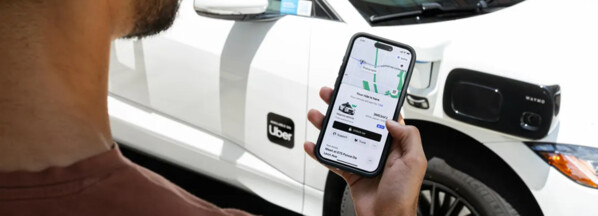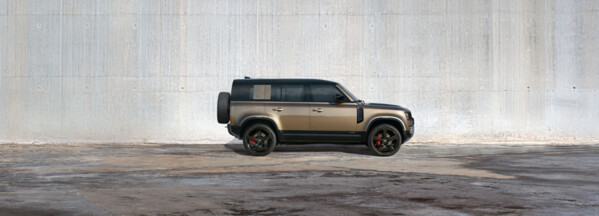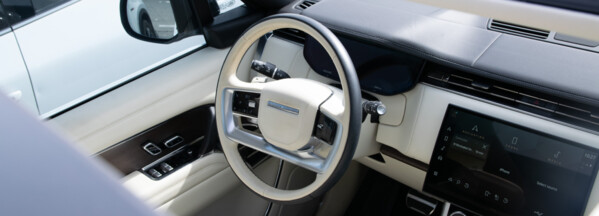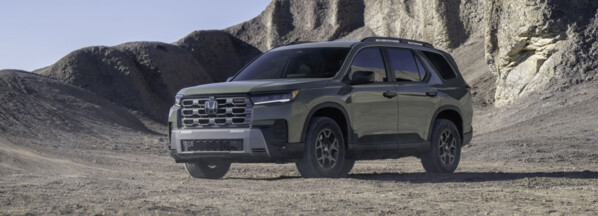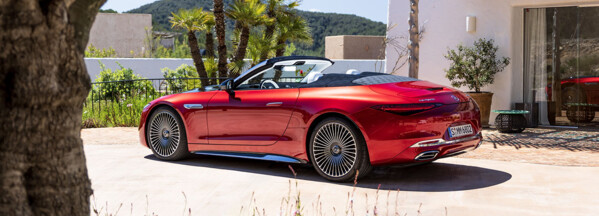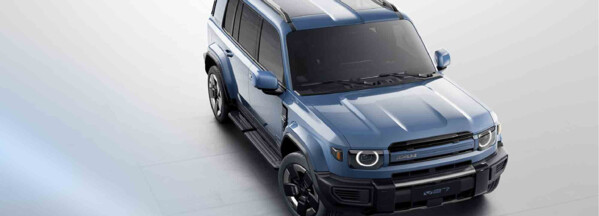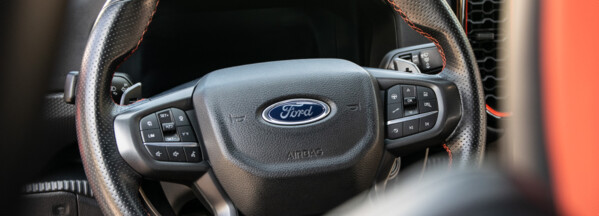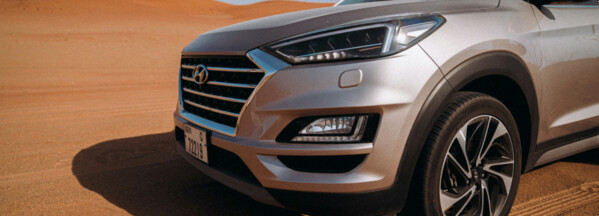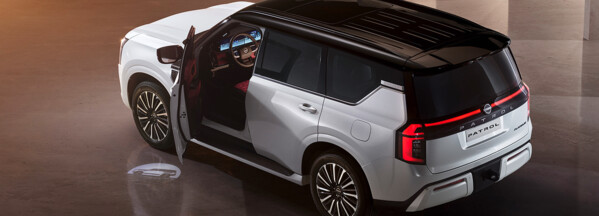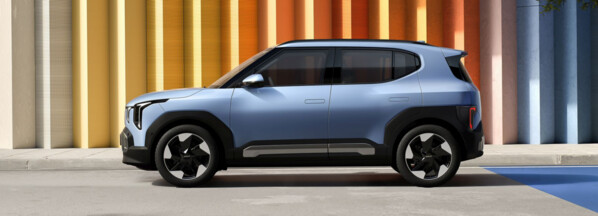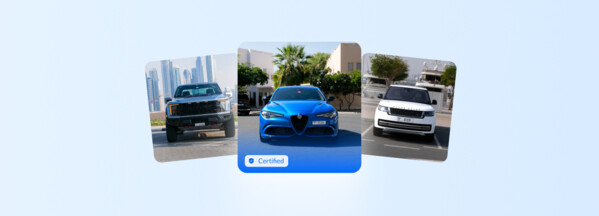When purchasing a used car in the UAE, it is essential to think carefully and conduct a thorough inspection of all the vehicle's systems. The used car market in the UAE is quite developed, offering a wide range of models from different years, but without proper inspection, you may encounter serious problems. A competent check helps avoid additional repair costs and makes the buying process safe and transparent.
Every year, tens of thousands of used cars are sold in the UAE, with a significant portion being premium models with low mileage. The local climate and road quality are relatively mild, so the good technical condition of cars is maintained even after several years of use. However, buyers still need to evaluate the car themselves and check the documents. Here are some useful tips on what to pay attention to if you are planning to buy a used car in Dubai.
Checklist for Buying a Used Car
The first step before closing the deal is a comprehensive inspection of all the car's systems. You should consider not only the vehicle's appearance but also its technical specifications, service history, and legal cleanliness. In Dubai and other Emirates, there are specialized centers where you can order a professional inspection. The average cost of a full diagnostic check is around 500-1000 dirhams (approximately $300), but this expense is justified as it helps identify hidden defects.
When inspecting the car, it is advisable to use a checklist to ensure you don't miss anything.
Age of the Car and Warranty
The age of the car directly affects its price and potential issues. In the UAE, a new car usually comes with a warranty of 3-5 years. If it is still valid, clarify the terms of transfer to the new owner. Check the validity of the service contract and what components it covers. Keep in mind that for cars older than 5 years, finding original parts may be more challenging, and their cost will be higher.
Pay special attention to cars that have been used as taxis or in car-sharing services. Such vehicles usually have high mileage and show signs of intensive use, thus having a lower remaining resource. You can study the usage history through special databases or by contacting transport companies.

VIN/Chassis Number
The Vehicle Identification Number (VIN) allows you to obtain complete information about the vehicle. Using special services, you can check:
-
The actual age of the used car
-
The number of previous owners
-
Involvement in accidents
-
Insurance payout history
-
Theft records
-
Recall campaigns
-
Actual mileage data
In the UAE, popular services like CarFax and EmiratesVehicle provide detailed reports based on the VIN. The cost of such a check is about 100-150 dirhams (around $40), but it helps avoid serious problems when purchasing. It is especially important to check American cars, as many of them end up in the UAE after being written off in the USA.
Interior
Carefully inspect the interior of the used car. Pay attention to:
-
The condition of the seat upholstery
-
The functioning of the air conditioning system
-
The functionality of the multimedia system
-
The wear of the steering wheel and pedals
-
Any unpleasant odors
-
The operation of electronic systems
-
The condition of the ceiling and door panels
In the hot climate of the UAE, leather interiors suffer particularly, as they tend to fade and crack. Check for any local upholstery repairs, as they may hide serious damage. Pay attention to the climate control system—during the summer, a malfunctioning air conditioning system makes using the car nearly impossible.

Possible Body Damage
Inspect the body in good lighting. Pay special attention to:
-
The door and hood seams
-
The paintwork
-
The panel joints
-
The sills and wheel arches
-
The windows and headlights
-
The underside (check for signs of corrosion)
-
The evenness of gaps between body panels
Use a magnet to check for patched areas—it will not stick to places with a thick layer of filler. Pay particular attention to the roof and pillars, as damage to these areas often indicates serious accidents.
IMPORTANT! In the UAE, the problem of "sand corrosion" is common, where fine sand scratches the paintwork. Over time, this can lead to rust.
Mechanical Failures
A test drive helps reveal hidden problems with the car's main components:
-
Engine
-
Transmission
-
Brake system
-
Suspension
-
Steering
-
Exhaust system
During the test drive, pay attention to any unusual noises, vibrations, or irregular engine performance. Test the car at different speeds and evaluate its performance on uneven roads. Pay particular attention to the automatic transmission—the shifts should be smooth, without jerks or delays. Powerful cars with large engines are popular in the UAE, so special attention should be given to checking the cooling system.

Airbags
In the UAE, it is especially important to check the condition of the airbags, as the hot climate accelerates the aging of their components. For a complete check, it is recommended to connect a diagnostic scanner, which will show the status of the safety system and any possible errors in its operation.
Additional signs of faulty or replaced airbags include:
-
Uneven density of the steering wheel upholstery
-
Glue traces around the dashboard
-
Absence of factory markings on the fasteners
-
An unusual sound from the seatbelt warning
-
The SRS indicator on the dashboard is on or blinking.
Tires
During the inspection of a used car, evaluate the tread depth, evenness of wear, tire pressure, seasonal suitability, date of manufacture of the wheels, as well as the presence of sidewall damage and the condition of the spare tire (if available).
In the UAE, it is recommended to use all-season tires with increased thermal resistance. Pay special attention to the date of manufacture; wheels older than 5 years are considered unfit for use, even if the tread looks normal. Uneven wear may indicate problems with the suspension or incorrect wheel alignment.

Mileage
Mileage is one of the main factors in determining value. Compare the odometer reading with the records in the service book. Discrepancies may indicate odometer tampering, which is a criminal offense in the UAE but still occurs in the used car market. In modern cars, mileage data is stored in several electronic control units, so these discrepancies can be easily identified during professional diagnostics.
Additionally, there are other ways to check the actual mileage:
-
Condition of the pedals and steering wheel
-
Wear on the seats and gear lever
-
Dates in the service history
-
Condition of the brake discs
-
Wear on the timing belt (if replaced according to mileage)
Electrical Components
Test the operation of the headlights and turn signals, power windows, electrically adjustable mirrors, audio system, onboard computer, and related instruments. In the UAE, due to high temperatures, air conditioning systems and electronic components often fail. It is best to conduct an electrical check after the car has been parked in the sun for several hours to identify problems that may manifest when heated. Pay attention to any error messages in the onboard computer, as this may indicate serious issues.

Service History and Maintenance Records
Request a complete service history from the seller. Official records from dealers and service centers increase trust in the vehicle. In the UAE, many dealerships maintain electronic databases where you can check the entire service history of the vehicle by VIN. Key points to pay attention to include:
-
Regularity of fluid changes
-
Timeliness of timing belt replacement
-
Use of original parts
-
Warranty repairs performed
-
Consistency of mileage in the service book with the odometer reading
Previous Owners
Clarify the number of previous owners, as frequent changes may indirectly indicate hidden problems with the vehicle. For example, in the UAE, cars that have been used in car-sharing or as taxis often have multiple owners in a short period. A good option is a used car with 1-2 previous owners and a clear history of use.
There are several ways to check ownership history:
-
Request a statement from the transport department
-
Compare records in registration documents
-
Inquire with the dealer (if the car is sold through a dealership)
-
Review sales contracts (if available)
Theft History
Check the vehicle against stolen vehicle databases. This can be done through the UAE police or specialized online services. Even if the car was recovered after being stolen, its technical condition may have deteriorated during illegal use. Pay particular attention to used cars imported from other countries, as they may have been stolen abroad.
Where to check theft history:
-
Official website of the UAE police
-
Emirates Vehicle Gate service
-
International stolen vehicle databases
-
Specialized verification companies

Insurance Claims History
In the UAE, insurance companies are required to document all claims, and this information is available for verification. Cars that have been in serious accidents are often sold at a reduced price, but significant money may be required for their repairs.
Reviews
For popular models in the UAE (especially American and Japanese), there are many forums where owners discuss typical malfunctions. It is worth studying reviews about the performance of specific engines and transmissions in hot conditions.
Emission and Compliance
Since 2020, the UAE has tightened environmental standards, and some older vehicles may not meet the new requirements. Emission testing can be conducted at specialized centers, and the results are valid for 30 days.
What is checked during the emission test:
-
CO levels in exhaust gases
-
Hydrocarbon content
-
Operation of the exhaust gas recirculation system
-
Condition of the catalytic converter
-
Fuel system tightness
Modification Records
Any changes to the factory design must be documented. These include:
-
Change of body color
-
Installation of gas equipment
-
Engine tuning (chip tuning)
-
Replacement of factory seats
-
Installation of non-standard wheels and some others
Unauthorized modifications can create problems during registration. In the UAE, services for tuning exhaust systems and installing sporty aerodynamic elements are popular, but all changes must be approved by the transport department. Vehicles with unregistered modifications may be removed from registration, or authorities may require them to be returned to their factory condition.

Check the Vehicle Documentation
A complete set of documents is a mandatory requirement for a safe purchase. The absence of even one document can lead to a refusal of registration.
In the UAE, there is a strict vehicle registration system, and any discrepancies in the documents can cause delays in the transaction. Special attention should be paid to the documents for used cars imported from other countries, as additional registration requirements may apply.
When checking the documents, it is advisable to contact official authorities – the Roads and Transport Authority (RTA) in Dubai or the Department of Municipalities and Transport (DMT) in Abu Dhabi. These organizations handle Salik, provide up-to-date information about the vehicle's status, and warn if there are any registration restrictions.
Registration Documents
Check the validity of the vehicle's registration in the UAE. Verify the expiration date of the registration documents. In the Emirates, vehicle registration is valid for one year and must be renewed annually. If it is expired, it means the vehicle cannot be legally used on the roads.
When checking registration documents, pay attention to the following details:
-
Match of the VIN number in the documents and on the vehicle;
-
Absence of restrictions on registration;
-
History of previous registrations;
-
Presence of unpaid fines or fees.
Original Purchase Invoice
The original purchase invoice confirms the legality of the vehicle's origin. This is especially relevant for premium used cars. In the case of cars purchased from official dealers, the invoice should contain complete information about the configuration and warranty conditions, as well as any financing arrangements. For vehicles imported from abroad, it is necessary to verify that the price listed on the invoice matches the market price in the country of origin.
When analyzing the invoice, pay attention to the full names of the seller and buyer, the date of the transaction, the exact configuration, payment terms, and warranty obligations.
Insurance Documents
In the UAE, there are two main types of insurance: mandatory (Third Party Liability) and comprehensive (Comprehensive). Check with the insurance company whether these can be transferred to the new owner. When purchasing a used car, it is essential to check the history of insurance claims, as frequent payouts indicate potential problems with the vehicle.
Service History Records
In the UAE, most dealerships maintain electronic databases of performed maintenance, which can be accessed with the VIN number. Regular servicing at an official dealer increases the vehicle's resale value. When analyzing this information, check the frequency of oil and filter changes, timing belt replacements, updates to software, performed repairs, and the use of original parts.
Ownership Status
Ensure that the seller is the legal owner of the vehicle. Verify that the details match between the passport and registration documents. You can request the vehicle ownership history through the official RTA or DMT services. Vehicles that have frequently changed owners (more than 3-4 times in a short period) may have hidden problems.
Emission Test Certificate
The emission test is mandatory when renewing registration annually, and it is conducted at accredited centers. If the used vehicle has a high emission level, the owner may be required to carry out repairs to bring this value in line with environmental standards.
Export/Import Documents
If the vehicle was imported from abroad, check for all customs documents. This will eliminate potential issues during resale. Cars imported from the USA or Canada often have specific features that can affect maintenance costs in the UAE. The basic set of documents for imported vehicles includes:
-
Customs declaration;
-
Certificate of conformity;
-
Documents proving payment of duties;
-
Customs clearance certificate;
-
Confirmation of country of origin.
If the customs documents are missing, the vehicle may be confiscated.

Check the Warranty
If the seller has a valid warranty, it reduces the risks when purchasing a used car.
IMPORTANT! The warranty on a used car differs from that of a new one. Typically, it only covers major components and systems, and its duration rarely exceeds 1-2 years. Some dealers offer the option to purchase additional warranty coverage, which is especially relevant for expensive models.
Warranty Coverage
Clarify which components and systems are covered by the warranty. Most programs do not cover consumables and items subject to natural wear and tear. Pay special attention to the list of exclusions, which often includes costly components like turbochargers, transmission elements, and electronic control units.
In the UAE, there are three common types of warranty coverage for used cars:
-
Basic warranty – covers only the engine and transmission;
-
Extended warranty – includes additional systems;
-
Comprehensive warranty – provides full coverage.
When checking the coverage, be sure to clarify whether it extends to the car’s electronic systems, which can constitute up to 40% of the vehicle's value in premium models. Also, check if the coverage includes costs for towing and providing a replacement vehicle during repairs.
Duration
Ensure that the warranty is still valid. Some programs offer the possibility of extension for an additional fee. In the UAE, many dealerships provide flexible warranty extension options, allowing you to choose full coverage or warranty for specific systems of the vehicle.
The duration of the warranty is usually calculated either from the date of the initial purchase of the car or from the mileage (most commonly 100,000-150,000 km). When choosing a used car with a short remaining warranty period, consider the possibility of extending it. In most cases, this can be done within 1-2 months after purchase.
Transferability
Not all warranties automatically transfer to the new owner. Check with the dealer or seller about the transfer conditions.
In the UAE, most official manufacturer warranties are transferable, but activating them by the new owner often requires payment of an administrative fee ranging from 200 to 500 dirhams ($55-136).
For used cars purchased from private sellers, the process of transferring the warranty is usually more complicated. Some programs require a mandatory pre-sale inspection at an authorized dealer and the replacement of certain consumables at the expense of the new owner. These conditions must be clarified before making a purchase.
Review Exclusions
Carefully examine the exclusions section. Most warranties are voided if maintenance regulations are not followed. Here is a list of typical exclusions in warranty programs in the UAE:
-
Damage from sand or water ingress;
-
Consequences of improper vehicle storage;
-
Wear of tires and brake pads;
-
Interior damage from sun exposure;
-
Failures caused by the use of non-original spare parts.
Pay particular attention to conditions related to climatic impacts. Due to the hot climate in the UAE, owners are often denied warranty repairs on electronic systems if it is determined that the damage was caused by overheating.
Maintenance Requirements
Many warranties require vehicle owners to seek repairs and maintenance only from authorized dealers. Ignoring this condition may result in denial of coverage.
The UAE has a strict vehicle servicing record system, and all work is recorded in an electronic database accessible to all dealerships of that brand. When purchasing a car with a warranty, be sure to request the complete service history. Pay attention to the frequency of oil changes (in a hot climate, this should be more frequent) and the use of original filters. The absence of even one scheduled maintenance service at an authorized service center may be grounds for denial of warranty repairs.
For expensive premium cars, some dealers offer included maintenance programs, which are more advantageous than traditional warranties. They cover not only repairs but also scheduled maintenance.
When Not to Buy a Used Car
Even if the car fits your budget, there are situations when it is not advisable to purchase the offered vehicle. Such cases include:
-
The seller refuses to provide a complete set of documents;
-
Presence of hidden body or engine damage;
-
Mileage discrepancies with the service book data;
-
Lack of service history;
-
Signs of serious repairs after an accident;
-
Price too low compared to market value;
-
Absence of a complete set of documents for the car.
In Dubai and other emirates, there are many reliable platforms specialising in the sale of used cars. Among them is the website Carabia. Here, buyers are provided with a wide selection of used cars that have undergone thorough checks and have all the necessary documents. Thanks to a responsible approach to work, Carabia helps buyers acquire used cars as quickly and smoothly as possible.

